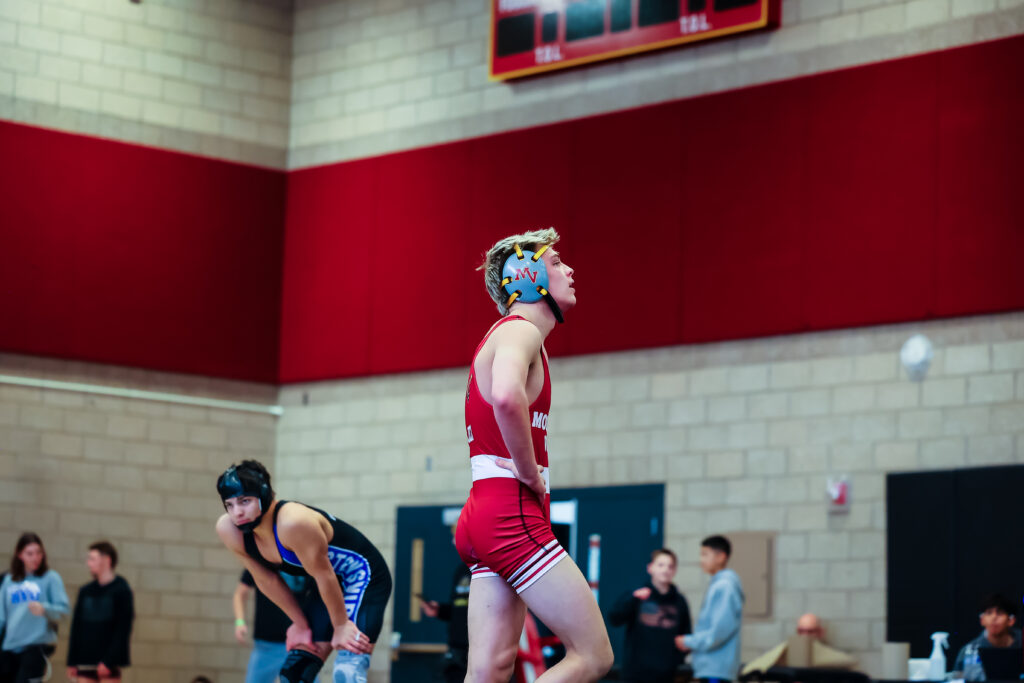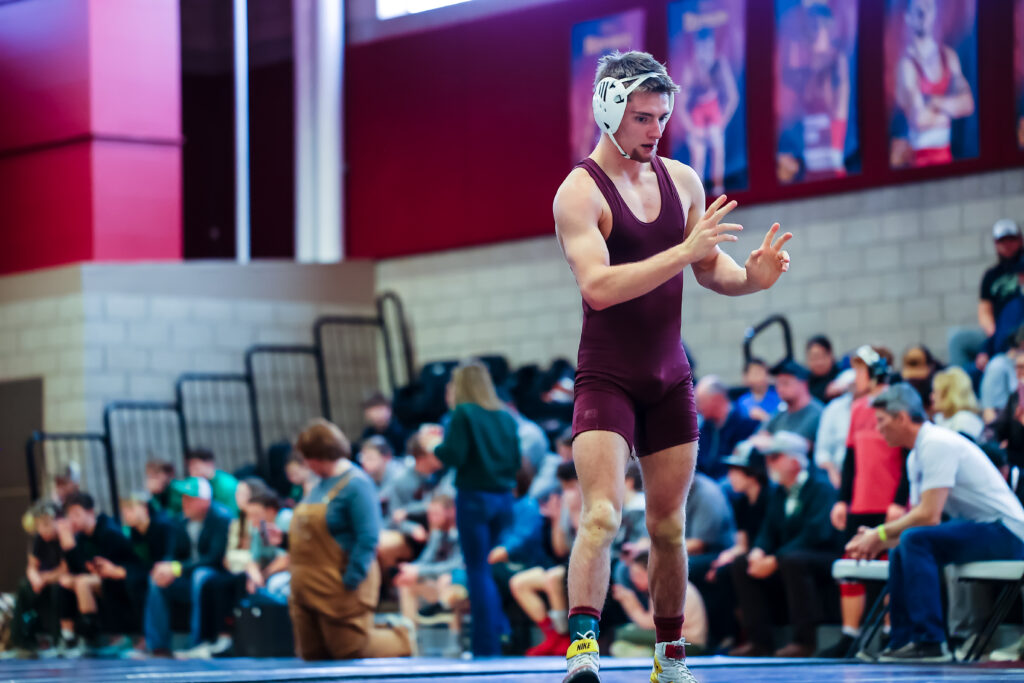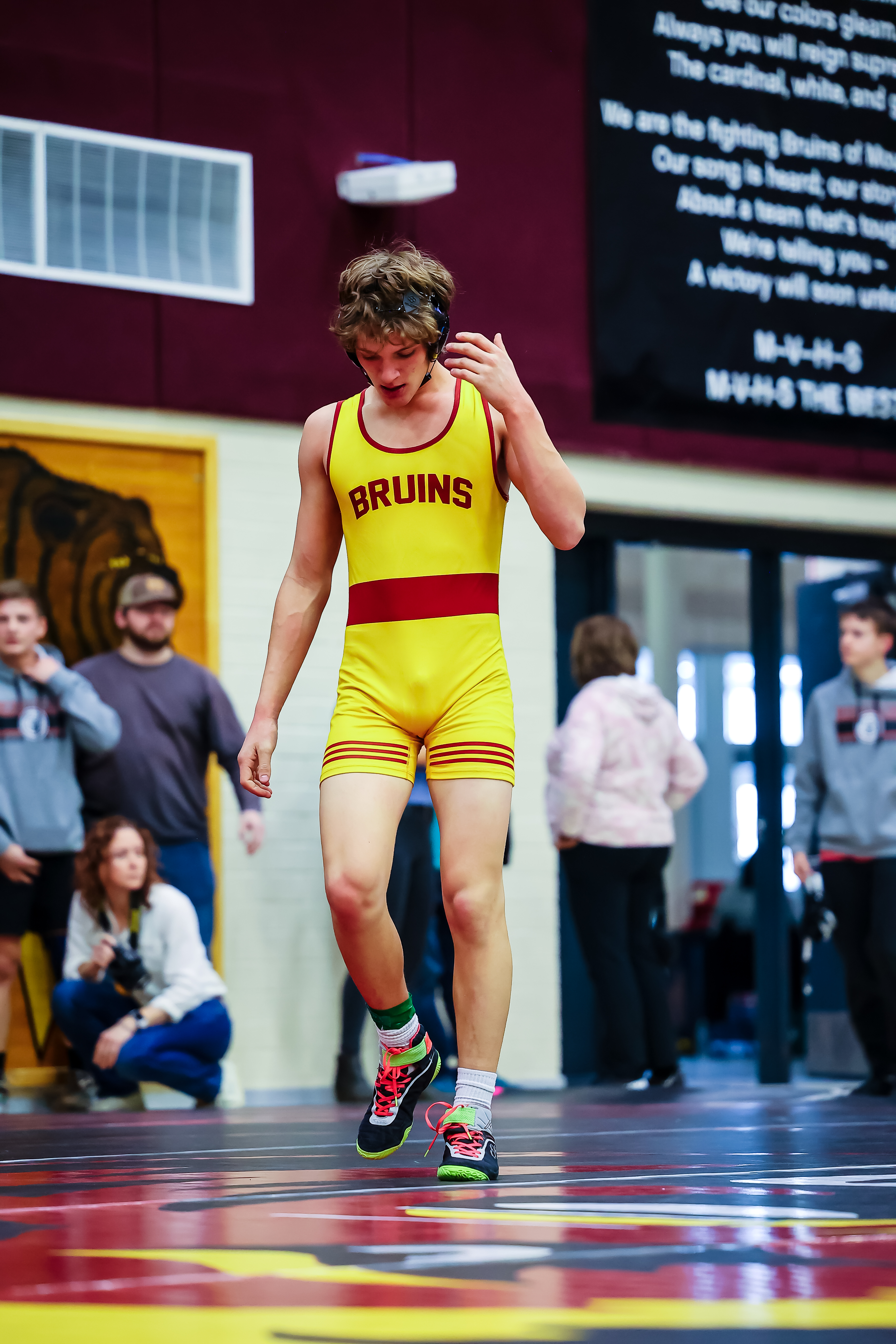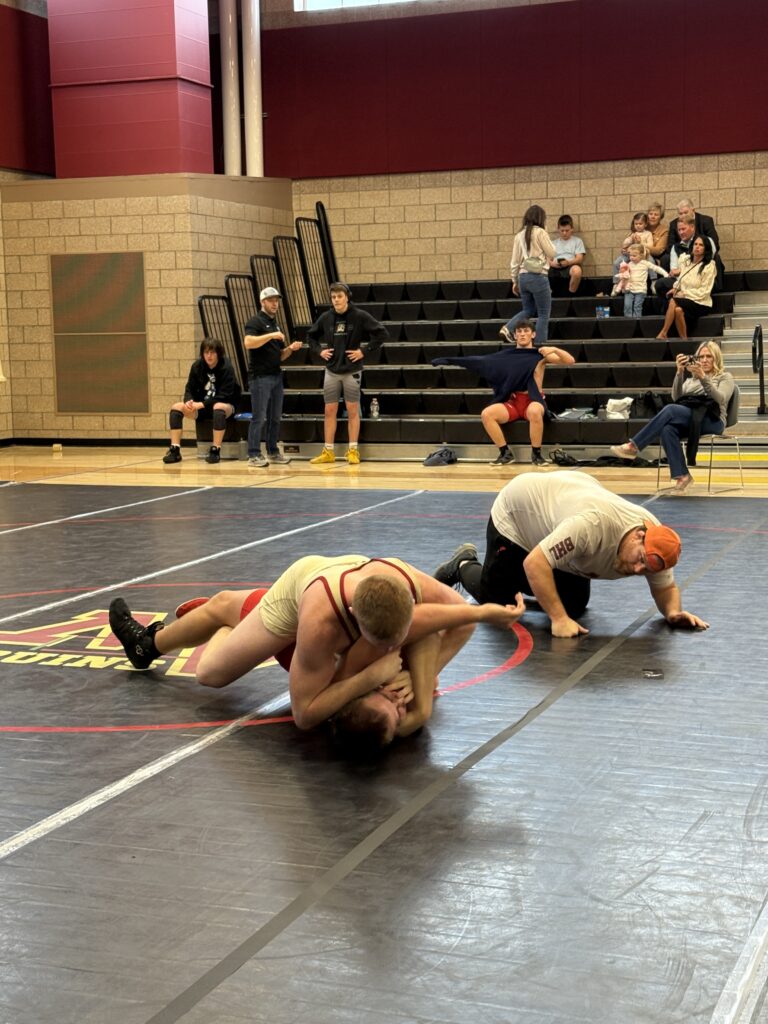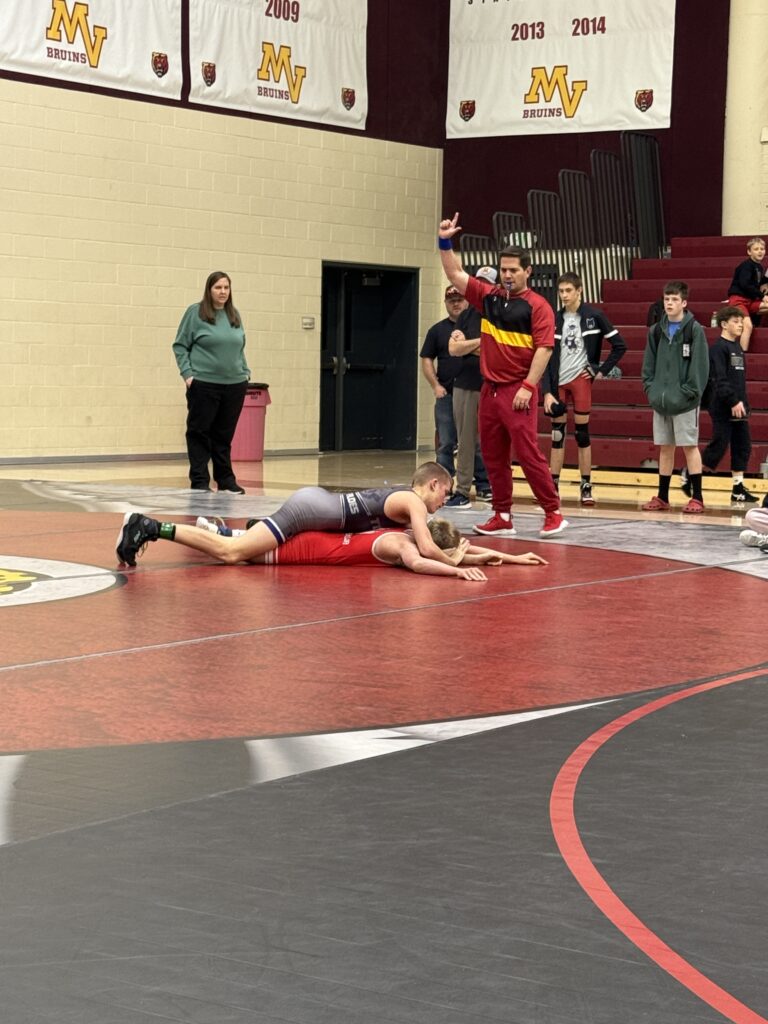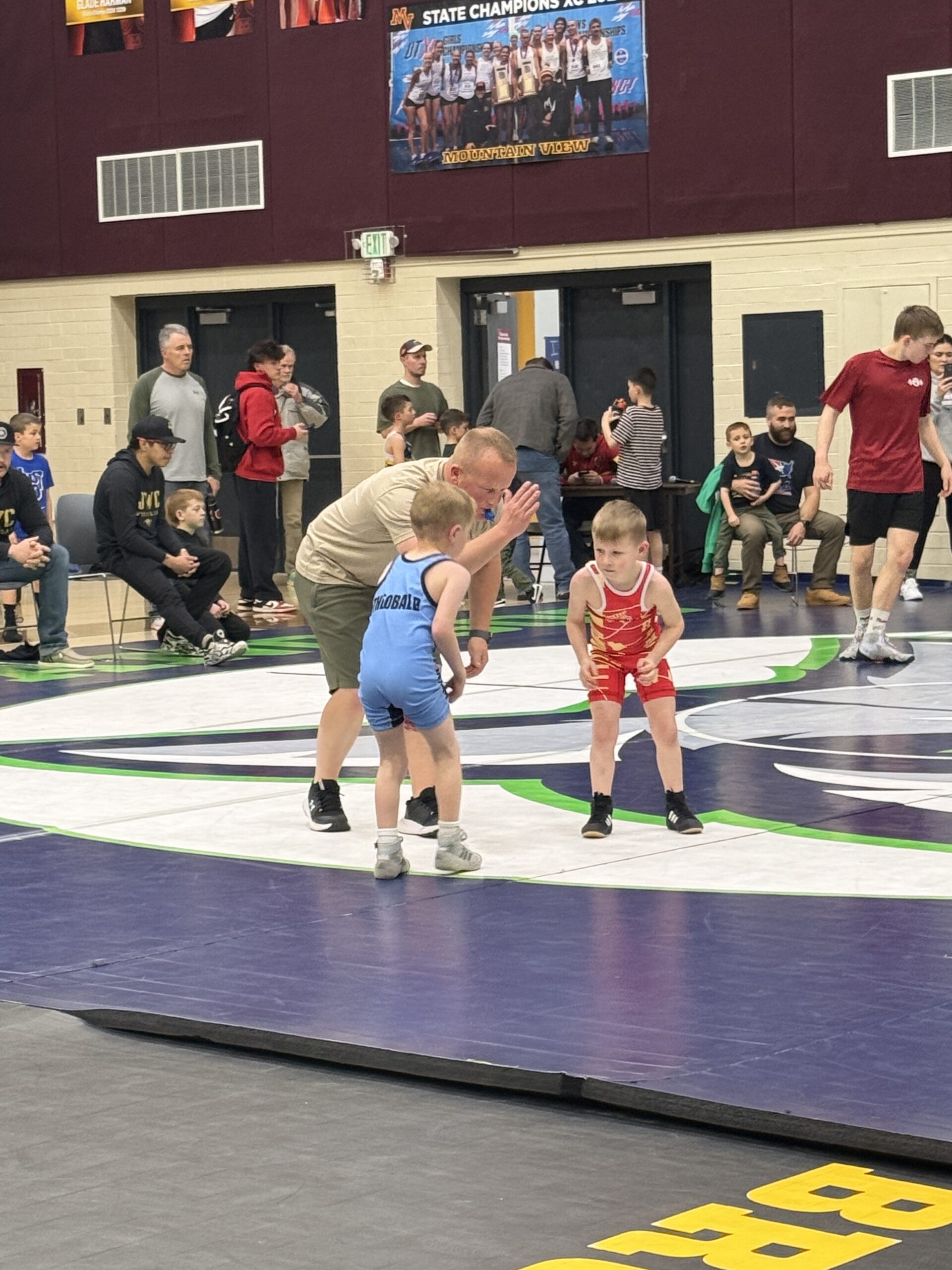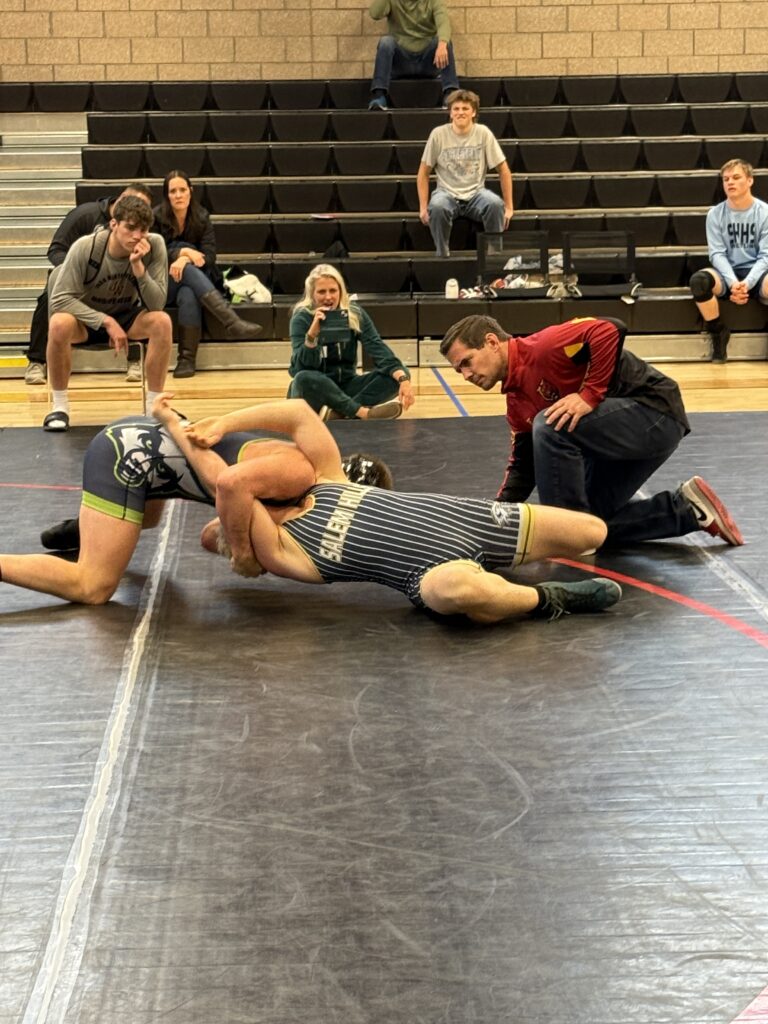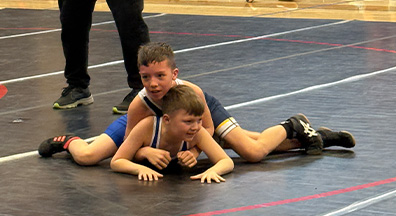In the world of K–12 wrestling, success is no longer measured by physical dominance alone. As the sport continues to evolve, coaches, parents, and athletes alike are recognizing that mental toughness is just as important as strength, speed, and skill. Today’s youth wrestling programs are placing greater emphasis on the psychological aspects of performance—helping young athletes build resilience, confidence, and focus both on and off the mat.
“Wrestling is 90% mental,” is a phrase heard often in the community—and for good reason. The intense one-on-one nature of the sport puts tremendous pressure on young athletes. Every move is scrutinized, every point matters, and there’s nowhere to hide when things go wrong. In response, coaches are implementing mental conditioning as a core part of training. Visualization techniques, breathing exercises, and self-talk routines are being introduced in practices to help wrestlers prepare for high-stakes situations.
Another growing practice is mindfulness training, where athletes learn to stay present and regulate their emotions during competition. Instead of panicking under pressure or letting a mistake derail their match, they’re taught to refocus and adapt. This shift in mindset can be a game-changer, especially during long tournaments or matches where mental endurance is key.
Additionally, some programs are incorporating pressure drills—controlled simulations where athletes are placed in tough scenarios they might face in actual competition. The goal isn’t just to improve performance under stress but to normalize it. Wrestlers who routinely practice in uncomfortable situations become more composed, confident, and capable of making smart decisions in real time.
Coaches are also working to build a growth mindset within their teams. Rather than fixating on wins and losses, the emphasis is placed on effort, improvement, and resilience. Athletes are encouraged to learn from setbacks, see challenges as opportunities, and value personal progress over podium placements.
Parents are increasingly part of this mental development too. Many programs now offer workshops or resources to help parents reinforce these lessons at home—reminding their kids that wrestling is a journey, and mental wellness is part of the process.
Ultimately, the mental side of wrestling isn’t just about winning matches. It’s about equipping young athletes with tools they can use throughout their lives—whether they continue on the mat or pursue entirely different paths. Confidence, composure, and perseverance are universal traits, and wrestling is becoming a powerful vehicle for teaching them.
